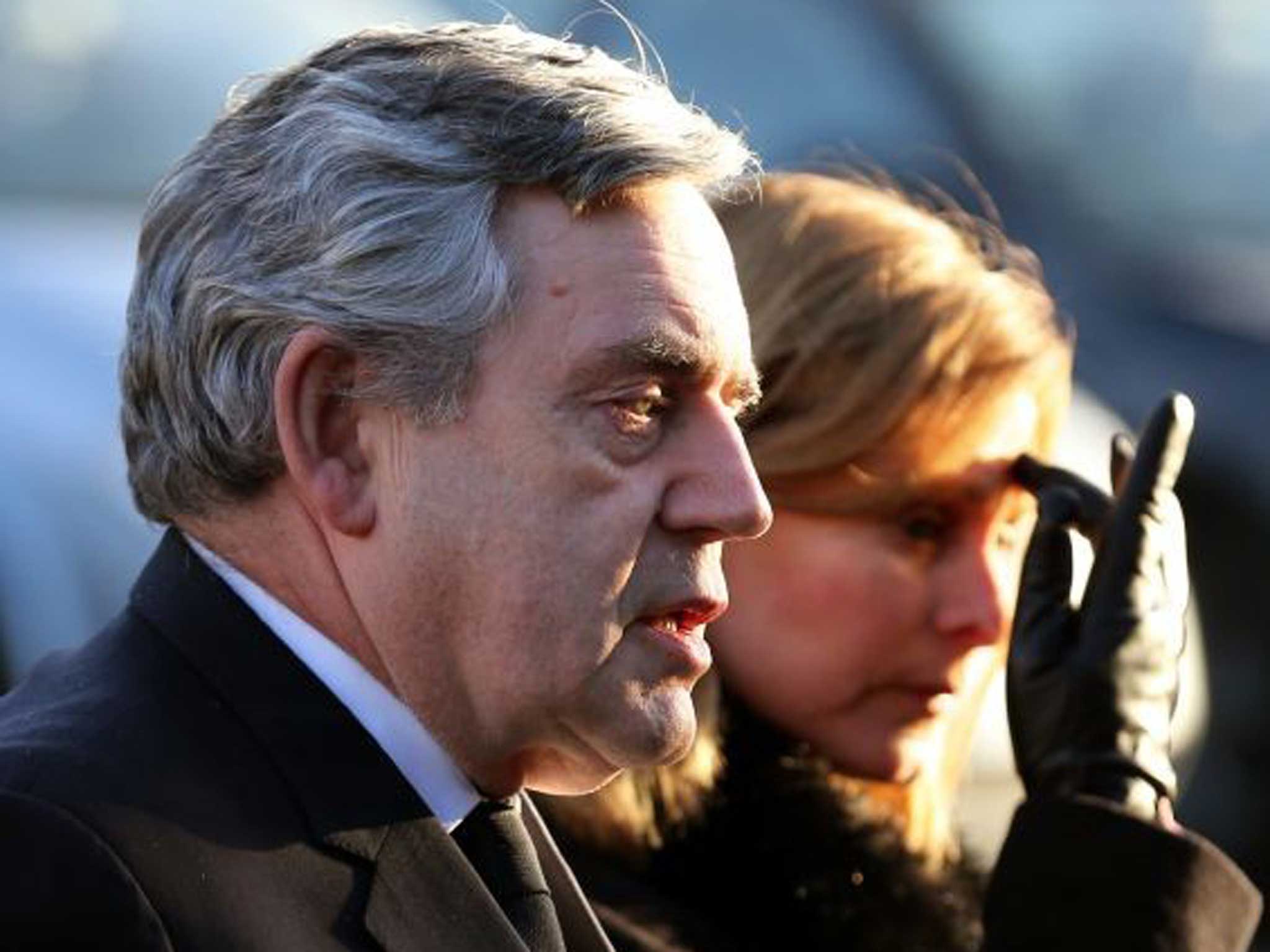Don’t bet on the economy settling the election in 2015
Alastair Campbell is a Mystic Meg who does not think Labour will win a majority


‘Labour has already won,” according to Nick Harvey, the Liberal Democrat MP who was a defence minister until last year. Normally, I would add him to the growing list of Mystic Megs who think a half-forgotten aphorism, a hunch and a dodgy statistic makes an unbeatable system for betting on political horses.
But Harvey is different. He did very well – I think he may have been the top MP – in my sweepstake on the 1997 election. It wasn’t a luck-of-the-draw sweepstake: I asked MPs, hangers-on and journalists to predict what the majority would be. I cannot find the original sheets of paper, which will save the blushes of those who thought that Labour would fail to win a majority at all, but I remember that Harvey was close to the result, which was 179.
So I should listen to the reasons for his certainty. “It’s very difficult to see why anyone would vote Tory next time who didn’t last time,” he told The Huffington Post on Friday. He predicted that the lowest share of the vote Labour would win is 34 per cent – because Labour would add 5 percentage points taken from the Lib Dems. “If 36 per cent is the most the Tories could achieve and 34 per cent is the least Labour is going to achieve, plot that on a seat predictor: Labour has already won.”
First, the quibbles. The Conservative share of the vote last time was 37 per cent in Great Britain, which is the most useful figure, because the main parties don’t field candidates in Northern Ireland and opinion polls are usually conducted in GB rather than the whole of the UK. Labour’s share was 30 per cent, not 29 per cent. So Harvey’s baseline, the best-case scenario for the Tories, should be: Tories 37 per cent, Labour 35 per cent.
But now the substance: if you “plot that on a seat predictor”, such as Electoral Calculus, it shows Ed Miliband 19 seats short of a majority. On those assumptions, it would not take much – the Lib Dems holding more of their seats against Labour, for example – for the Tories to be the largest party again.
Not quite such a hot-tip racing certainty from the man who got it right before, then. Although you might expect me to say that, as someone who said the opposite the other day when the third-quarter growth figures were published: that the election was over and the Conservatives had won.
Of one thing we can be sure: Nick Harvey and I are both wrong to suggest that the next election has already been decided. Much depends on what happens to the economy, but the debate about the electoral effects of economic growth has raged for some time.
Now a document has fallen into my hands: “Who benefits from economic recovery?” by David Cowling, the BBC’s political analyst. He points out that, although the economy may be recovering, the political effects are limited so far. He quotes a Populus survey carried out last month: 38 per cent agreed there was a recovery under way, while 38 per cent thought there was “no sign” of it. Those who thought it was happening were asked if they “feel part of the current national economic recovery”. Only 29 per cent of the 38 per cent said they did, which is a mere 11 per cent of the (Great British) population.
To which it might be said that these are early days. But Cowling also points to Mori’s economic optimism index before the last election, based on whether people think “the general economic condition of the country will improve, stay the same or get worse over the next 12 months”. In January 2009, the index measured -40; in November 2009 it stood at +23: a 63-point improvement in 10 months. Cowling comments that this was “the biggest turnaround in optimism since the series began in 1979”. He goes on: “And the political benefit of this extraordinary recovery to Prime Minister Gordon Brown was exactly what? Labour support in the monthly average of voting intention polls … fell by three points.” Six months later Labour lost the election.
There is another way to read the figures, however. It could be that the great turnaround in optimism in 2009 is part of the reason Labour did better than expected in the 2010 election. Brown was an unpopular prime minister who was expected to do worse. Admittedly, a 30 per cent share of the vote was not great, but he still denied the Tories a majority.
As it happens, the Mori optimism index has undergone almost as great a turnaround this year, from -30 in March to +23 in September: a 53-point improvement. If you think that confidence in Brown’s handling of the economy lifted him from “massive Labour defeat” to “hung parliament”, this might take us from “Labour has already won” to “David Cameron stays on as prime minister”.
Alastair Campbell – who couldn’t enter my sweepstake in 1997 for obvious reasons – is a Mystic Meg who does not think Labour will win a majority. “I have called every general election correctly,” he told the Bristol Post last week. “I think we’ll end up with a Lib-Lab government.” Well, we might. But a Conservative victory is more likely than most people think.

Join our commenting forum
Join thought-provoking conversations, follow other Independent readers and see their replies